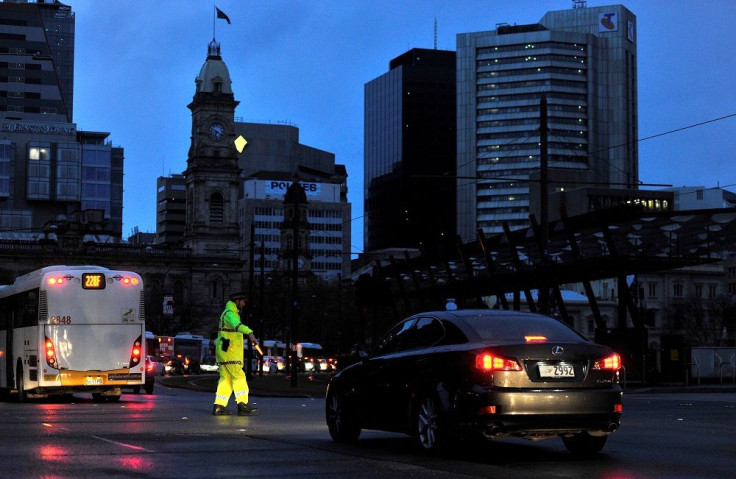Energy price shocks are the main concern of Australian businesses: report

Energy price shocks are the leading concern of Australian businesses, a new global survey of more than 12,400 executives from 136 nations has found. The World Economic Forum Global Risks 2018 report puts energy pricing as the number one concern for businesses operating here within the next 10 years.
Australia was the only country to rank energy price as its major concern following a huge jump for energy pricing's risk rating. Last year, it was fifth on the list for Australian businesses.
Natural gas was intended to bridge the electricity supply gap, but rising exports of the fuel to higher-paying overseas buyers have resulted to a local shortage. Power generator EnergyAustralia commented about anticipating electricity demand and supply. "When you've got an environment where the economics will fluctuate from this looks like a reasonable project to this is absolutely terrible and don't go anywhere near it over the space of two years, that is un-investable," EnergyAustralia's energy executive Mark Collette said, according to the Sydney Morning Herald.
Meanwhile, a synthesis report by the Climate Council shows that politics is the only barrier to modernising the country’s electricity system. It focuses on an agreement among major independent reports that there were no economic or technological barriers to a reliable and affordable grid.
“Combining low-cost wind and solar PV (photovoltaic) with other renewable energy technologies, such as solar thermal, hydro and biomass plants, can provide round-the-clock or on-demand power, as well as meeting technical requirements for grid stability,” it reads. The report was authored by Climate Council councillor Andrew Stock, who spent four decades in the energy industry.
It also states that combining those technologies with pumped hydro, grid-scale batteries and heat storage would improve the reliability of the system and add competition to the market. Relying on a huge number of smaller distributed renewable generators meant single outages in the system caused by wild weather would be less disruptive. Generating and storing power closer to where it is needed can reportedly lessen risks of grid failure for critical infrastructure; an example is utilising solar and storage technologies.
Renewable energy would reportedly reduce energy prices for consumers. A CSIRO report has concluded a zero-emissions grid by 2050 would save the average household $414 annually. Stock said it is time to look into the future with an energy system fit for the 21st century, The Guardian reports.
TomoNews US/YouTube




















